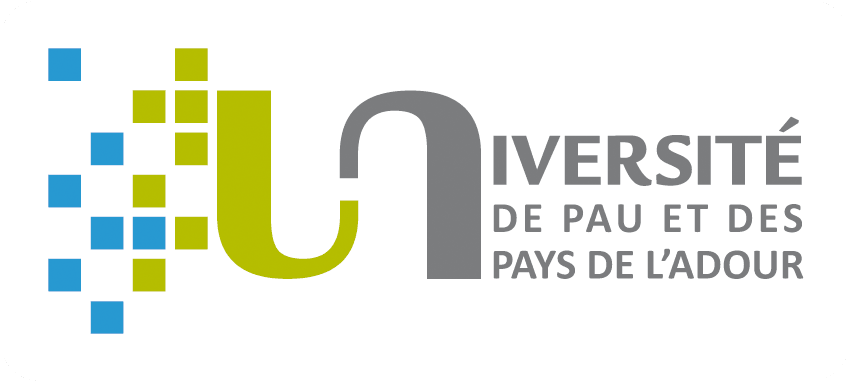Olivier Farreng, Managing Director of the Hélioparc technology park
Passionate about history and public policy, Olivier Farreng completed a full course of study at UPPA, up to the doctorate. He began his career in secondary education before joining the Departmental Council of Pyrénées-Atlantiques and then the Hélioparc technopole (Pau), of which he has been the Director General for more than twenty years.
What were the major stages of your university path?
After obtaining a baccalauréat B, I naturally enrolled in the first year of economics at UPPA. Without any particular plan, other than to enjoy my studies. I didn’t really click with it. So, a year later, I decided to switch to history, a subject I had always been very fond of. There I really found my place, encouraged by teachers who left a lasting mark on my studies. I’m thinking in particular of Christian Desplats and Pierre Tucoo-Chala, two renowned historians who greatly contributed to my intellectual development. They taught me how to reason, analyze and write—skills very useful in professional life. After the DEUG in history, I continued with a bachelor’s degree and then a maîtrise with the aim of becoming a teacher. At that time we didn’t do internships, but one could register with the rectorate to work as a substitute teacher in schools. For six years I taught history in several high schools in the département—Pau, Oloron-Sainte-Marie, Orthez… I attempted the agrégation but was unsuccessful, so I continued at UPPA with a DEA and then a doctoral thesis. I chose a topic—A sociological study of elected officials from Pau—which allowed me to link my other passions: politics and the local economy.
How did you build your professional career?
Teaching was a wonderful human experience. I greatly enjoyed contact with young people and the act of passing on knowledge. But after six years I wanted something different. During my thesis I met many local elected officials, including a member of parliament who offered me a position as his parliamentary assistant. At thirty, that’s an opportunity you can’t refuse! And a year later another opportunity arose: a position in the office of the President of the Departmental Council of Pyrénées-Atlantiques. My mission focused on drafting briefs and studies for elected officials in fields ranging from urban planning to sport, culture and finance. That is where I truly understood the added value of university studies. My background in history greatly helped develop my analytical, synthesis and writing skills. I stayed six years at the Departmental Council, until 2003, and then joined the Hélioparc technopole in Pau. I was hired to facilitate networking among companies, create communication tools, and promote researchers hosted by the technopole. One year later, when the director retired, the board of directors offered me the position. Again, a very fine opportunity!
How do you view UPPA?
UPPA has evolved a lot since my university years, but it remains a human-sized university that offers ideal study conditions. It is now one of the French universities labelled I-SITE (Initiative Science, Innovation, Territories, Economy). A very fine recognition for a university of this size and proof of its dynamism. UPPA has developed strong ties with the Hélioparc technopole. Its president sits on the board of directors and many researchers hosted by the technopole studied in Pau. UPPA is legitimate in research, with numerous reputable laboratories connected to local businesses.
Two or three words you spontaneously associate with UPPA?
High-quality teaching and a pleasant study environment – Territorial anchoring through numerous partnerships with businesses and local authorities – The diversity of disciplines offered, which provides excellent opportunities for young people in the region.
Any advice for students at the start of their studies?
I would tell them to trust UPPA, which has all the qualities of a major university with the advantage of a human-sized campus. Contrary to what many families believe, degrees from universities in large metropolitan areas are not inherently more valuable. Staying close to one’s roots and family increases the chances of success, especially at the beginning of one’s studies. Regarding history, if the subject fascinates them, they should not hesitate. It is a generalist curriculum, very open to current affairs, which opens many doors.
Comments collected by Florence Elman
Want to know more?

Comments0
Please log in to see or add a comment
Suggested Articles


